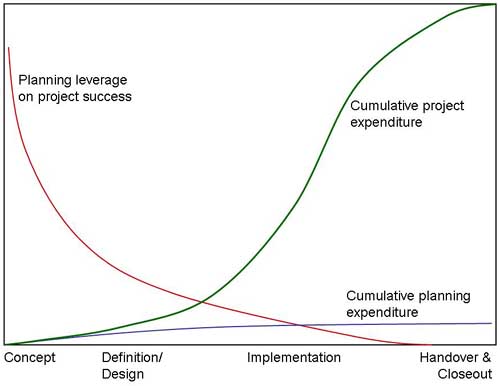Yesterday, I had the pleasure of attending a joint meeting of the Association of Governance SIG and the Institute of Directors (IoD) in London. The focus of the meeting was governing projects and programs.
The first part of the presentation focused on the work of ‘Tomorrow’s company’: http://www.tomorrowscompany.com . Tomorrow’s company is a not-for-profit research and agenda setting organisation committed to creating a future for business which makes equal sense to staff, shareholders and society. Its current program of publications, events and activities focuses on three issues fundamental to the future success of business:
* An improved investment system
* An inclusive approach to leadership and governance
* Closing the gap between Business and Society.
Tomorrow’s company believes business can and should be a force for good; to promote this concept they have established an interactive website http://www.forceforgood.com with freely accessible resources, blogs and debate. Directors and managers interested in engaging with world-leading thinking are encouraged to visit these web-sites.
The two interlinked themes in the work of the Tomorrow’s company are stewardship and governance focused on creating sustainable value. The external drivers that influence the creation of sustainable value for every organisation are the natural environment, the current social and political systems, and the global economy. Managing these drivers effectively requires organisations to rebuild trust and retain a ‘licence to operate’, which in turn requires effective stewardship of the resources within and affected by the operation of the organisation.
The purpose of corporate governance is to facilitate effective, entrepreneurial and prudent management that can deliver long-term success for the company (UK Corporate Governance Code).
The APM presentation built on this theme of creating sustained value and linked the concept of a ‘Board Mandate’ that clearly enunciates the values and purpose of the organisation and the Board, to the creation of a sustainable strategic plan, that is implemented through effective portfolio selection processes that select the ‘right projects and programs’ for the organisation to invest in.
Once the projects and programs are selected, the overall capability of the organisation to undertake the projects efficiently and manage the organisational change aspects needed to realise value from the project deliverables takes over, and the critical importance of effective project sponsorship was highlighted.
From a personal perspective, I appreciated the hospitality of the group and was pleased to see the presenters views of good governance and the critical importance of projects and programs in building the ‘organisation of tomorrow’ that every organisation needs to evolve into to remain effective are very similar to ideas I have been advocating. My thoughts are in the collection of White Papers and articles being gathered at: http://www.mosaicprojects.com.au/PM-Knowledge_Index.html#OrgGov1



